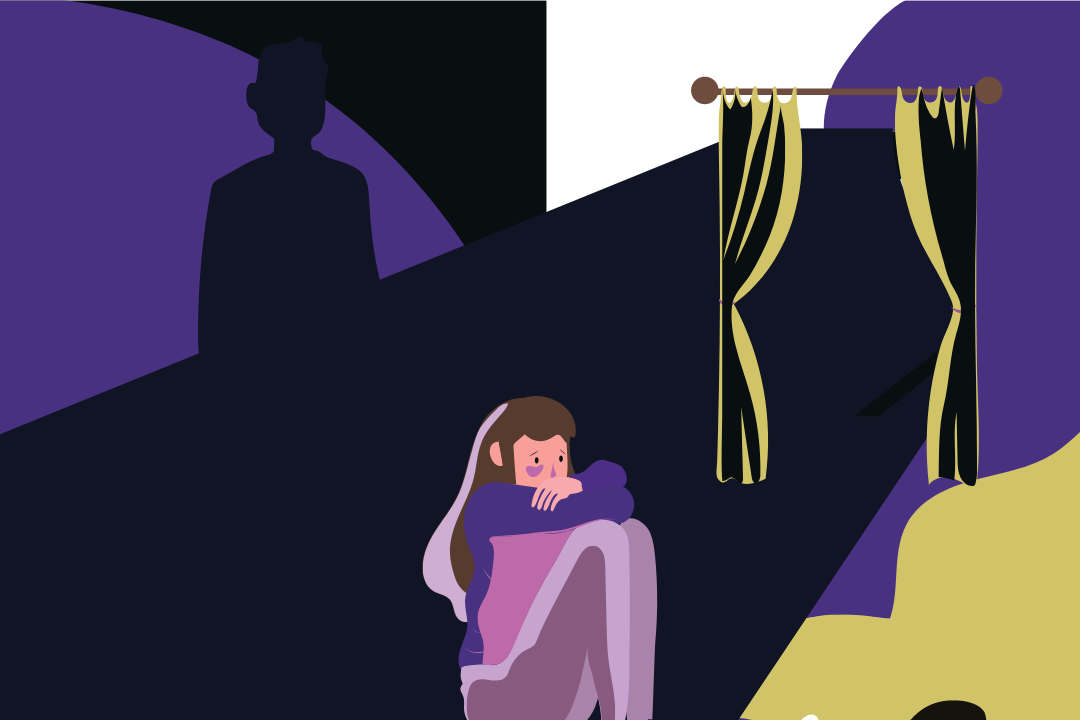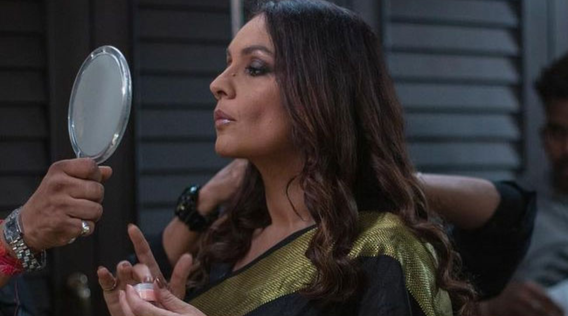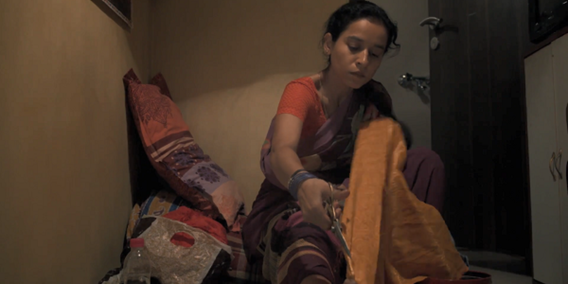We often think that we should keep certain conversations away from children or we feel like they’re too young to understand concepts or things happening around them. We misjudge how much they are able to understand about the environment they live in. But truth be told, children sense words, emotions, feelings and build concepts of safety based on the people they are exposed to. Which means they learn it all from us.
In today's time, as much as we may hate it, child sexual abuse or domestic violence is prevalent everywhere around us. And yes, at the same time,the awareness has also been more than it ever was.
But just for one second, can we think about what actually goes through that child’s mind?
At an age when they should be thinking about playing with their friends, crying for gifts, fussing about food, their brain has been hardwired to think about how they can escape this situation of danger.
I recently spoke to a friend, who is a counsellor for children who have run away from their unsafe homes to find safer ones. It amazes me how a child who is barely five, knew that what was happening to them in that house was unsafe and how they needed to run away. This child may have not known a lot, yet they found themselves in a train and were later admitted into a shelter home where they would be safe.
Another child, aged 12, who recently lost her father would speak up for her mother who was being criticised by relatives, and her six year old brother already understood his reality of not having a father and how the world would never be the same.
See, here’s the thing. We underestimate a child's mind.
The mind that got them through their childhood, changed their thinking, pushed them into survival mode, that made them adapt and learn ways to fend for themselves. Childhood resilience that gets them through it.
Childhood resilience
And it’s time we change that.







